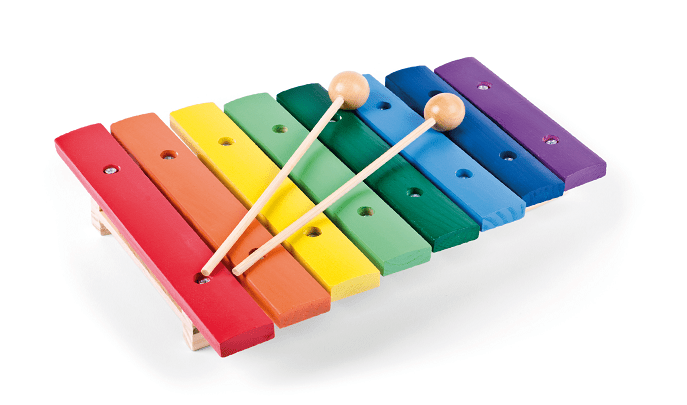“She Can’t Cope And She’s Locked Herself In The Stock Room” – What I Learnt From Mentoring Trainees

It's no longer enough to simply 'lend' them your class. Coaching is a rewarding two-way street

Shortly after taking up my first teaching post, I heard two of my colleagues talking. ‘You’re getting a student? You lucky thing!’. The other replied, ‘Yes, I’m really looking forwards to putting my feet up.’
It seems unbelievable now, but in the dim and distant past, ‘mentoring’ a trainee teacher consisted largely of lending them your class.
When I was a trainee, we received theory input at university then went into schools to try it out. One of my mentors remarked to my tutor that it was great to have me at the school because he’d never had so much free time to read the paper.
If you are currently a mentor, you probably won’t identify with this. Coaching can be time-consuming, draining, frustrating, challenging, wonderful, inspiring and fulfilling – sometimes all within the same day!
However, I thoroughly enjoyed – and continue to enjoy, my work as a teacher trainer. When, as a teacher, I was first approached with a view to taking on a trainee, the deputy head said to me, ‘You do realise that it involves a lot of observation and form-filling? And weekly meetings? And conversations with visiting tutors?’
I was still keen to give it a go and I have very fond memories of working with an incredibly enthusiastic lady who had brilliant ideas but found some aspects of teaching very challenging.
Her energy and keenness were so refreshing and I was able to support her when things didn’t go according to plan. Over time she developed her skills in dealing with the most difficult aspects of the job and went on to become a very successful teacher. I was proud to have played my part – but I also took some of her excellent ideas and incorporated them into my own lessons.
So if drinking tea and reading the paper is no longer a perk, what’s in it for you as a mentor? I honestly believe that helping to train another teacher is one of the best forms of professional development.
People typically say that it makes them focus sharply on their own practice – after all, your trainee will be watching you closely. You’ll need to revisit basic things such as lesson planning so that you can support your apprentice as he or she builds competence. You’ll most likely be invited to mentor training sessions where people share great ideas.
Very importantly, you’re likely to become a skilled observer of learning. Initially, I found this difficult because I constantly found myself saying, ‘I would have done it like this…’. Although we’ll certainly need to recommend particular teaching strategies, we have to accept that different teachers, including trainees, can approach the same thing in many different ways.
As ever, it’s all about the quality of pupils’ learning. Some of my trainees have come up with such amazing ideas for lessons that it’s left me feeling slightly envious; why hadn’t I thought of that?
But I’m not going to pretend that it’s all plain sailing. Even the most competent trainee teachers can go through bad times and we, as mentors, need to give the best support we can.
Not only that, not all trainees are suited to being teachers at all. One gave a dazzling performance in her interview for the course and stunned us with her knowledge of the national curriculum, declaring that her ultimate ambition was to work in a pupil referral unit. I sent her to a delightful school with no pupil behaviour issues for her first placement, only to receive a phone call from her mentor after two weeks.
‘I’ll cut to the chase’, he said. ‘She can’t cope with the children and she’s locked herself in the music stock room.’ Further discussion revealed that she gone to pieces after the first day. ‘You need to counsel her off the course’, said the mentor, ‘but first can we get her out of the stock room? We need the xylophones.’
At times there are difficult conversations to be had, but in my view, all the work you’ll put in as a mentor will be well worth it. It really is one of the most important roles in education – because without coaches, we wouldn’t have any new teachers.
Julie Price Grimshaw is a teacher, teacher trainer and education consultant (selfpropelledlearning.co.uk). She has been involved in school inspections since 2001.
Julie’s book Self-propelled Learning and Effective Teaching is available on Amazon.












